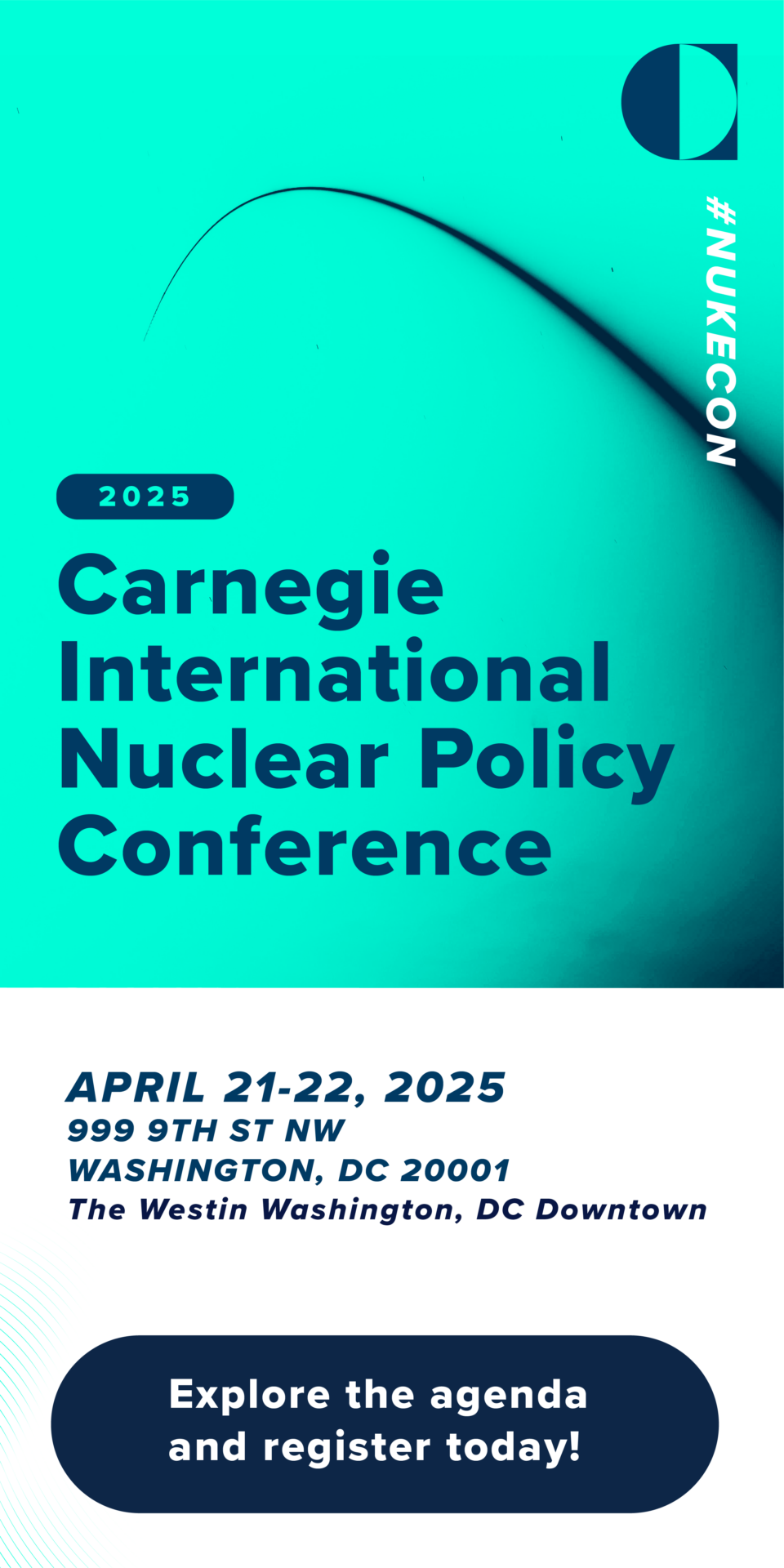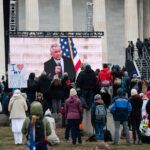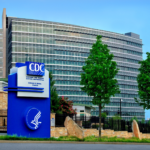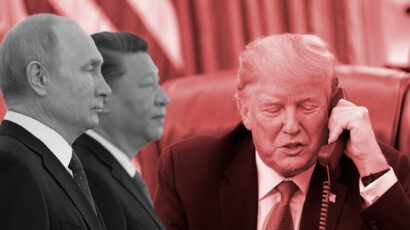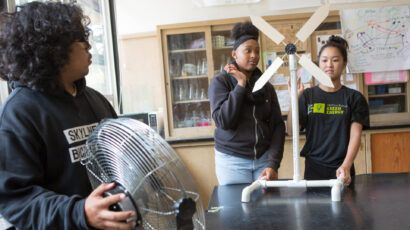Will RFK Jr. gut US vaccine policy? Here’s what to watch for
By Dorit Reiss | February 25, 2025
 A child receives a vaccination. Amber Kurka/DVIDS. (The appearance of US Department of Defense visual information does not imply or constitute the department's endorsement.)
A child receives a vaccination. Amber Kurka/DVIDS. (The appearance of US Department of Defense visual information does not imply or constitute the department's endorsement.)
Public health advocates are rightly concerned about Robert F. Kennedy Jr., who won Senate confirmation earlier this month to become secretary of the Department of Health and Human Services. His long history of anti-vaccine activism dates back to at least 2005, when Salon and Rolling Stone published an article of his titled Deadly Immunity. The piece had to be corrected multiple times, and Salon eventually withdrew it. Between 2016 and last December, Kennedy was the leader of an anti-vaccine organization now called Children’s Health Defense, a gig that’s paid him hundreds of thousands of dollars in the past few years.
As health secretary, Kennedy will have enormous influence over vaccine research and data as well as a large role in shaping vaccination policy. He’ll also hold a megaphone that he can use to shape the public’s views on vaccines. Seeking to overcome doubts about his strident and conspiratorial anti-vaccine views—for instance, the false connection between vaccination and autism—Kennedy promised senators he would not “take away anybody’s vaccines,” He offered Sen. Bill Cassidy, a doctor, certain guarantees designed to reassure the Louisiana Republican about Kennedy and the administration’s “commitment to protecting the public health benefit of vaccination.”
But Kennedy’s work over the last 20 years makes any assurances doubtful. A world with lower levels of vaccine uptake will be one with more outbreaks of diseases that vaccines can prevent or make less serious. As health secretary, Kennedy could help usher in that grim future. The coming weeks and months will offer clues about the direction Kennedy will take US vaccine policy–signs as to whether he’ll uphold or abandon the promises he made in the lead up to his confirmation.
For public health advocates, the indications are already ominous.
In one of his first actions as health secretary, Kennedy told department employees that he will investigate the childhood vaccine schedule, contradicting his pledges during his confirmation hearings. “I recommend that children follow the CDC schedule, and I will support the CDC schedule when I get in there,” Kennedy told senators then.
That schedule is developed by the Centers for Disease Control and Prevention (CDC)’s Advisory Committee on Immunization Practices (ACIP). The committee comprises 19 voting members, most of them experts in areas related to immunization, and one consumer representative. It sets immunization recommendations that doctors throughout the country usually follow. Created in 1964, the committee meets in public and enjoys substantial respect for its detailed, careful recommendations about vaccines.
During the confirmation process, Kennedy made a host of specific pledges to Cassidy related to maintaining the status-quo for vaccine policy. For instance, he promised not to change the committee’s vaccine recommendations. But this and other promises are not enforceable; Cassidy has no real way to penalize Kennedy if he goes back on his word.
The secretary of Health and Human Services chooses the members of the vaccine committee and can remove any member at will. If Kennedy removes the experts from their positions and fills them with his anti-vaccine colleagues—who, by and large, have no real credentials or expertise in relevant areas—the new members can revisit and change the recommendations. Kennedy wouldn’t even have to violate his assurances to Cassidy. The first thing to look at is whether the committee will be maintained in its current form. Already there are worrying signs.
The Health and Human Services Department postponed the committee meeting scheduled for February 26-28. If the committee does not meet, it will be a warning sign that Kennedy does not intend to allow immunization decisions to continue as usual or respect the careful scrutiny, expertise, and transparency that have characterized the process of vaccine recommendations so far.
Anti-vaccine activists on the advisory committee would be able to undermine not just the guidance doctors live by, but also access to vaccines. Under the Affordable Care Act’s preventive services provision, immunizations recommended by the committee must be covered by insurance companies. Changing recommendations may mean people will no longer have insurance coverage for certain vaccines. Insurance companies may maintain coverage because covering vaccines is cheaper for them than covering the cost of diseases, but they may not cover all vaccines people should get, and without a legal requirement, coverage may vary across companies. Further, over 50 percent of the children in the United States are eligible to get vaccines at no cost via a federal benefit program, the Vaccines for Children program, which has saved hundreds of thousands of lives during its existence. Coverage of a vaccine through the program depends on a committee recommendation—and any changes by Kennedy to the committee may remove coverage, making vaccines inaccessible to children whose parents want to vaccinate them.
Other personnel-related danger signs would be if Kennedy appointed anti-vaccine activists to top positions in the Department of Health and Human Services. The secretary, and a number of other agency heads, like those of the National Institutes of Health (NIH), CDC, or Food and Drug Administration (FDA), have to go through Senate confirmation. But once they are in place, they get to appoint, with no oversight, a layer of so-called inferior officers (that’s the term used in the appointment clause of the Constitution) who occupy important positions in the department.
Appointing known anti-vaccine activists to such positions would be a sign that Kennedy intends to bring in anti-vaccine policies. Similarly, dismissing expert civil-servants (a different category than inferior officers, who are still political appointees) with no grounds is another sign that the administration wants to replace dedicated experts with fellow-believers (and to cow the remaining civil servants into compliance). Some civil servants have already been dismissed—probationary officers—and others have resigned. (Several health agency officials were reportedly rehired after being dismissed.)
Generally, civil servants are trained to do their job within an administration’s preferred policies, and in the United States, they work under administrations of either party. Large scale replacements raise questions about a desire to replace expertise with loyalty without expertise—a dangerous step.
Another danger sign would be replacing the content of agency websites with statements that better fit with anti-vaccine views. At present, CDC’s website says that “studies continue to show that vaccines are not associated with” autism spectrum disorder (ASD). Cassidy said Kennedy told him he would not change this, but if Kennedy backtracks, since this is a favorite myth embraced by anti-vaccine activist, it would be yet another sign of the department moving in an anti-vaccine direction.
Of course, other policies would also show where the department is going—if the department revokes vaccine licenses or emergency use authorizations, if the department imposes unrealistic conditions on clinical trials of vaccines, or if the department appoints known anti-vaccine activists without relevant training to conduct studies with dubious methodology, those would be very clear indications of an anti-vaccine turn. (Anti-vaccine activists have done such studies—some of which have been retracted—in the past). Another dangerous sign would be if the administration made extensive changes to grants that support immunization non-profits or states immunization infrastructure.
Shortly before the election, President Donald Trump’s transition co-chair dismissed the possibility that Kennedy would get the health secretary job. To many, Kennedy’s elevation from the fringes of American politics to its center may be surprising, but what he does as health secretary won’t be. Kennedy has spent over 20 years advocating against vaccines and now has the ability to undermine the immunization infrastructure of the United States. It would be surprising if he doesn’t use that power.
Together, we make the world safer.
The Bulletin elevates expert voices above the noise. But as an independent nonprofit organization, our operations depend on the support of readers like you. Help us continue to deliver quality journalism that holds leaders accountable. Your support of our work at any level is important. In return, we promise our coverage will be understandable, influential, vigilant, solution-oriented, and fair-minded. Together we can make a difference.
Keywords: Robert F. Kennedy Jr., vaccines
Topics: Biosecurity

